Navigating Year One: Relearning and Resilience
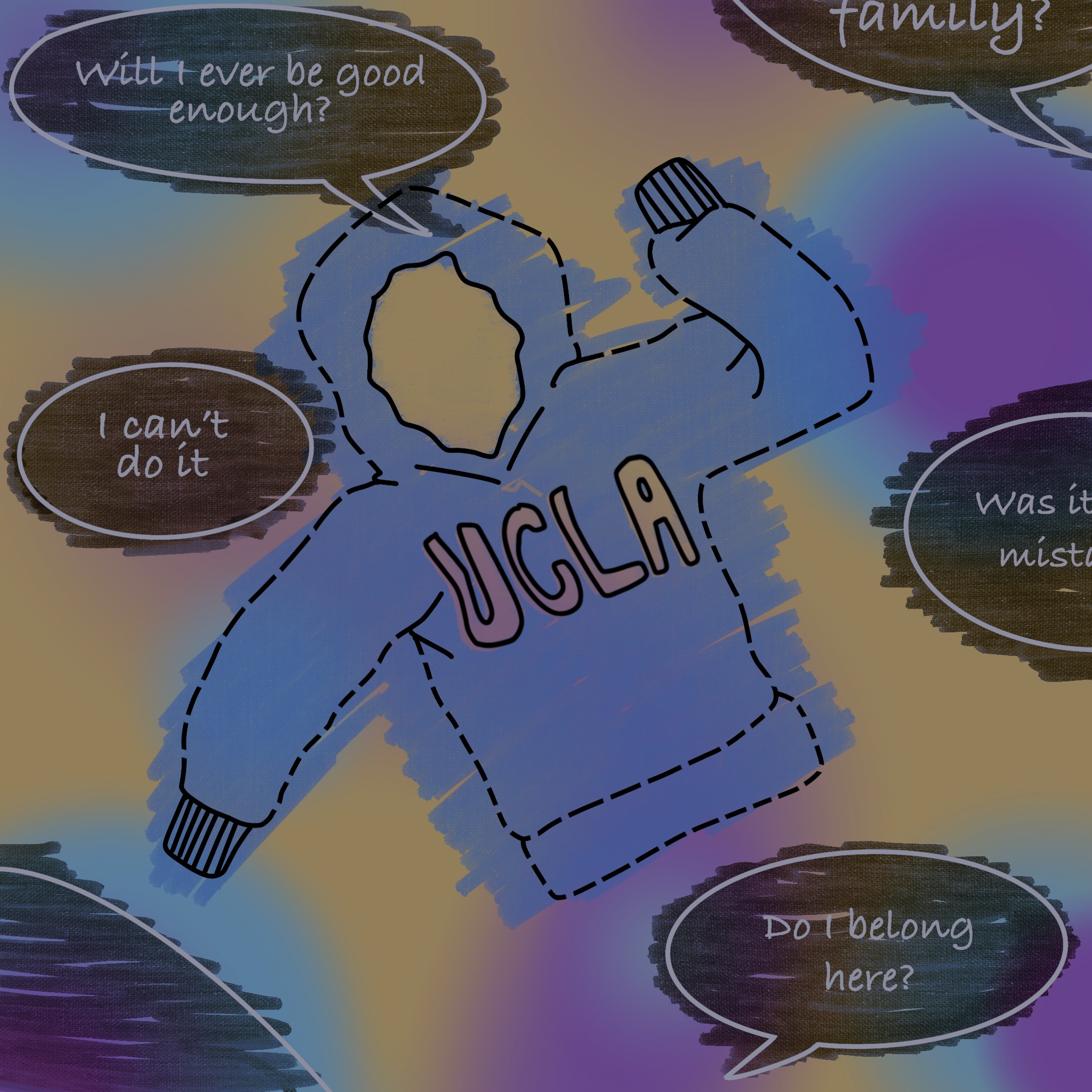
Visual by: Haven Jovel
I always knew attending college came with a new lifestyle to conquer like learning to live away from home, creating my own class schedule, and meeting new people. However, I did not anticipate being unprepared for my new academic milestone as a first-generation, Latinx college student.
My journey to UCLA was completely unexpected. I first received the email that I was waitlisted while sitting in a Starbucks. Without hesitation, I took a spot in hopes that I would eventually get in. It would be another two months until I received my acceptance. Once I did, I immediately called my parents, and they were excited that their daughter was going to be a Bruin. Within the hour, practically everyone I knew sent me a congratulatory message. Soon after, I began to consider how I would find a home in a place I never thought I would get the chance to.
Initially, the transition was smooth, and my college experience was off to a strong start. I made friends and bonded with my floormates as I lived in the freshman dorms on the Hill. However, when week six rolled around, an imprudent choice I had made during orientation about enrollment caught up with me. I had not anticipated the difficulty of my course load or the fact that my note-taking and study skills were not on par with the requisites of the class.
Accordingly, my performance suffered. That quarter, I completely failed one class, received a ‘D’ in another, and an ‘A+’ in the third. The irony was not lost on me; I wondered how I had managed to get my first ‘A+’ in the same term that I had failed a course for the first time in my academic career.
To say the least, I was embarrassed and hid my poor performance. For so long, I avoided reaching out for help out of a sense of shame. As someone who is not in the least bit shy, this was a new and startling behavior for me. On one hand, I knew that all I had to do was put myself out there and find a tutor or show up to office hours. Yet, I could not bring myself to do it. I kept beating myself up mentally, and it did nothing but make me feel powerless and unworthy of my place in this environment.
Eventually, by the time I mustered up the courage, it was too late. The quarter ended, my GPA dropped below 2.0, and I was now on academic probation. The fear that I had built finally caught up to me, and I knew that if I continued to try and fight my way through it without accepting help that I would risk my position at UCLA.
The struggle to reach out was exacerbated at times by the responses I received when I confided in peers that were close to me. I would get variations of, “Oh Carol, don’t worry,” “ I think you’re overthinking it,” or “You’ll do just fine next quarter.” Somehow, I felt even more alone as it seemed like my friends could not relate to me because they were doing great in their own classes.
Slowly, the effects of imposter syndrome crept into my mind. I began to think that I had bit off more than I could chew deciding to attend UCLA, that I was not fit to be in this space. All my parents had ever asked of me was to go to school and try my best, but what if my best was not good enough?
While those thoughts weighed on me heavily, I also knew that I was not the kind of person to quit when I encountered a hurdle. My road to bouncing back began that winter break. I signed up for tutoring sessions for two out of my three classes and dropped into office hours whenever I had any questions or concerns. While I was still nervous about reaching out for guidance, I no longer let the fear of being perceived as a failure stop me.
“I knew that if I continued to try and fight my way through it without accepting help, I would risk my position at UCLA.”
My determination enabled me to realize that if I worked smarter, formed stronger study habits, and sought help, I would ultimately perform better, and I did. Correspondingly, I found resources within the UCLA community that have been pivotal to my academic success.
For instance, I attended peer-learning sessions with the Academic Advancement Program. There, I met with a peer-learning facilitator and a handful of other students twice a week to study and go over material covered in my courses. These sessions were instrumental as I had supportive tutors and peers who encouraged me to ask questions and participate. Finally, I felt like I had a safe environment where I could comfortably ask for help and engage in academic discourse.
While everyone’s college experience is ultimately distinct and personal, here is some advice I wish I had received courtesy of my own time at UCLA:
- Do not be intimidated to go to office hours! Your professors are often so eager to hear your concerns and offer their help.
- Sign up for a peer-learning session or any tutoring sessions available for your course load. You might find that a collaborative learning environment helps you grasp the material better.
- Please remember that “failing” doesn’t make you a “failure.” You are more than a course grade or a test score.
- College can feel intimidating and at times isolating, but you are never alone. Do not be afraid to reach out to family, friends, or your counselors.
- You deserve to be here.
With that said, navigating college can be extremely difficult depending on your background. Although I did not imagine the extent of the problems I would face leaving my Boyle Heights classroom, I knew that pursuing higher education would present me with obstacles I had not yet encountered. Here, I felt like a needle in a haystack of thousands of students. More than that, coming from a low-income community and being the first in my family to attend college did nothing to mitigate my sense of discomfort or feelings that I did not belong
For many first-generation college students, there are moments when we feel the weight of set expectations on our shoulders. We simultaneously reject and feed into the narrative of achievement, of striving for success because our accomplishments are so often placed on a pedestal by those around us, and we want nothing more than to try to do everything right. While I know that there are students who walked onto campus and had no trouble knowing where to go and who or what to ask, I am not ashamed to admit that I was not one of them. For the longest time I wondered if I could have prevented my setbacks, but I now know my experience is about more than just learning to navigate resources. It was a year paved by trial and error, and although the instructions were not included, I learned how to approach the obstacles I have and will inevitably continue to encounter.
Ultimately, my first year taught me that I had to be my own advocate and agent of change when it came to my education. It can be stressful and lonely at times, but it can also be empowering. Although it may have taken me a while, I have risen above the feeling that I don’t deserve to take up space here, that I’m not good enough to belong at such a prestigious university. I am grateful for what resulted in a pivotal learning experience. Like many other first-generation students, I persevered because everything I have worked for has led me to this moment—to this opportunity to demonstrate my resilience and pave a way forward for myself, my family, and my community.
For more information about available student resources, please visit https://firsttogo.ucla.edu/resources-for-students/campus-resource

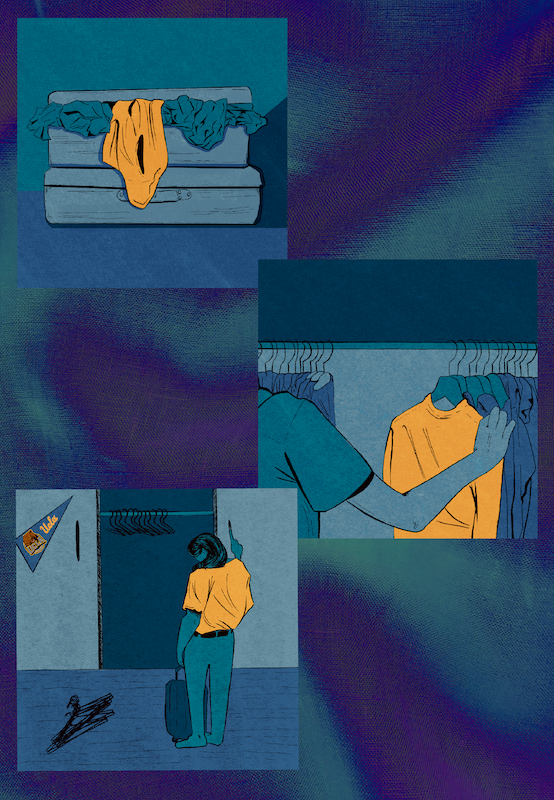
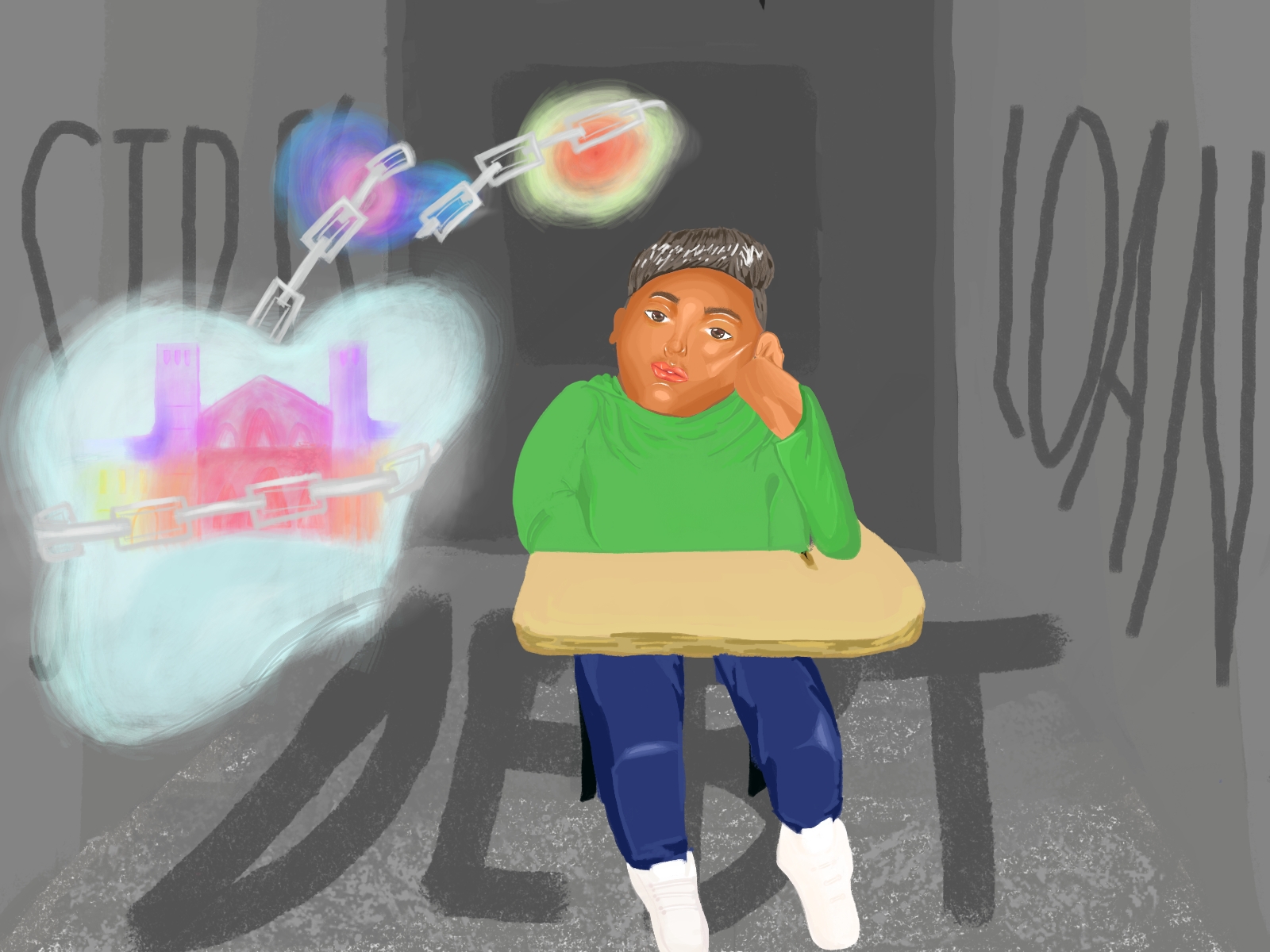
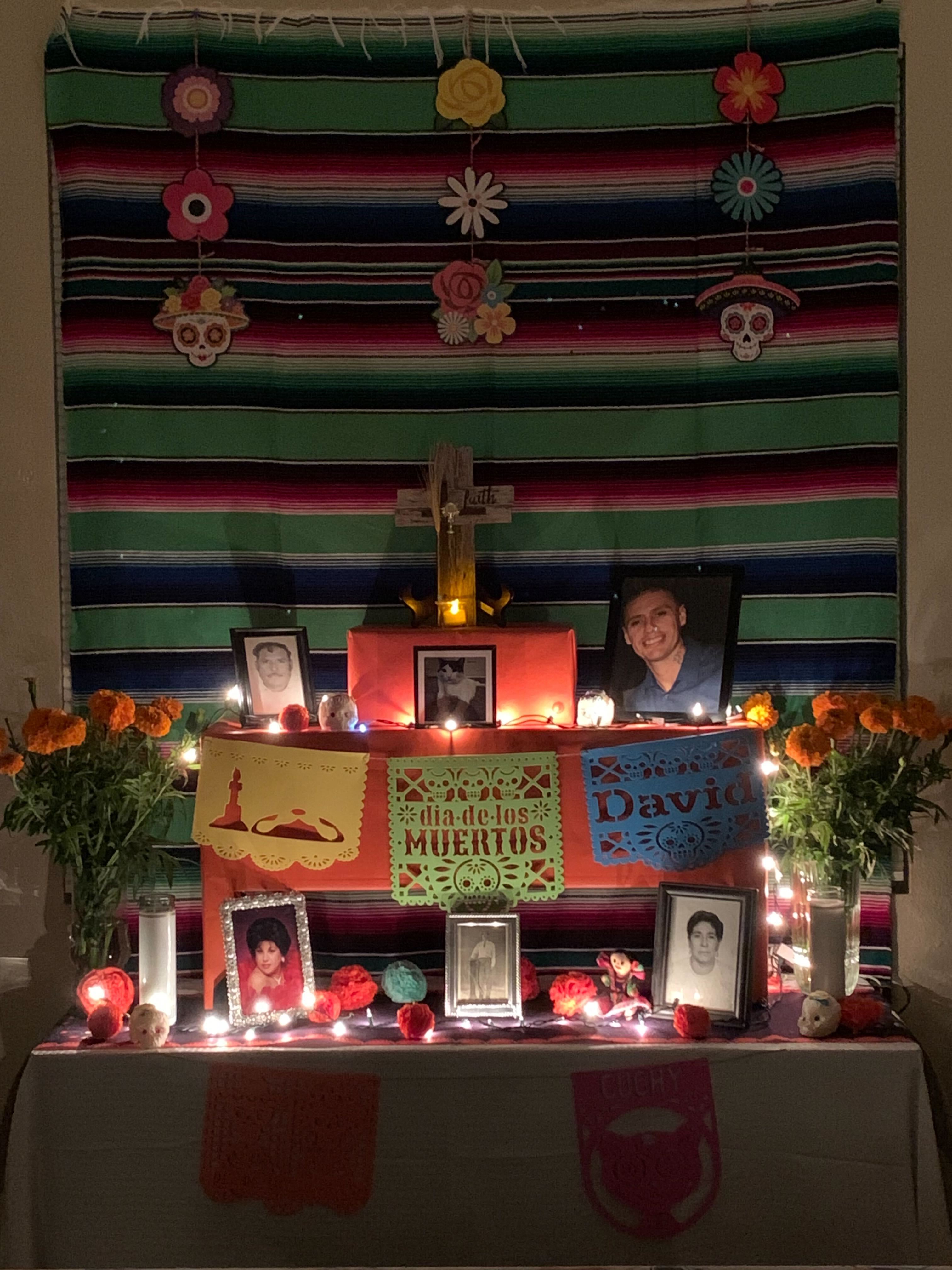

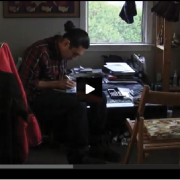


Leave a Reply
Want to join the discussion?Feel free to contribute!